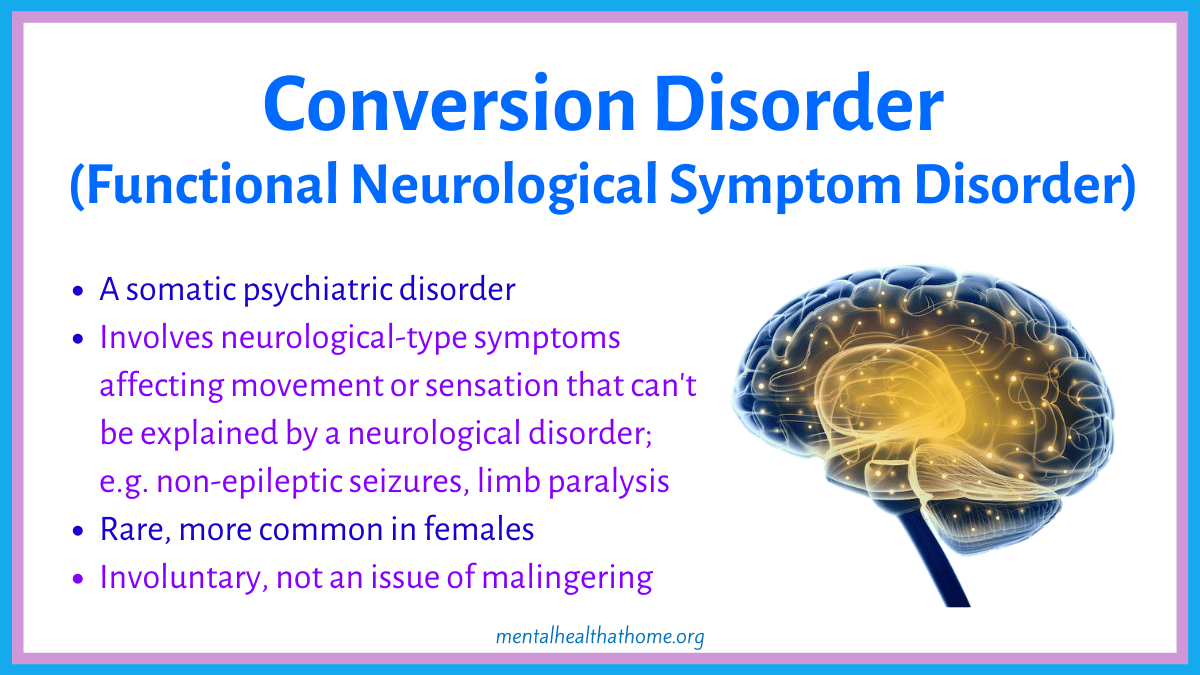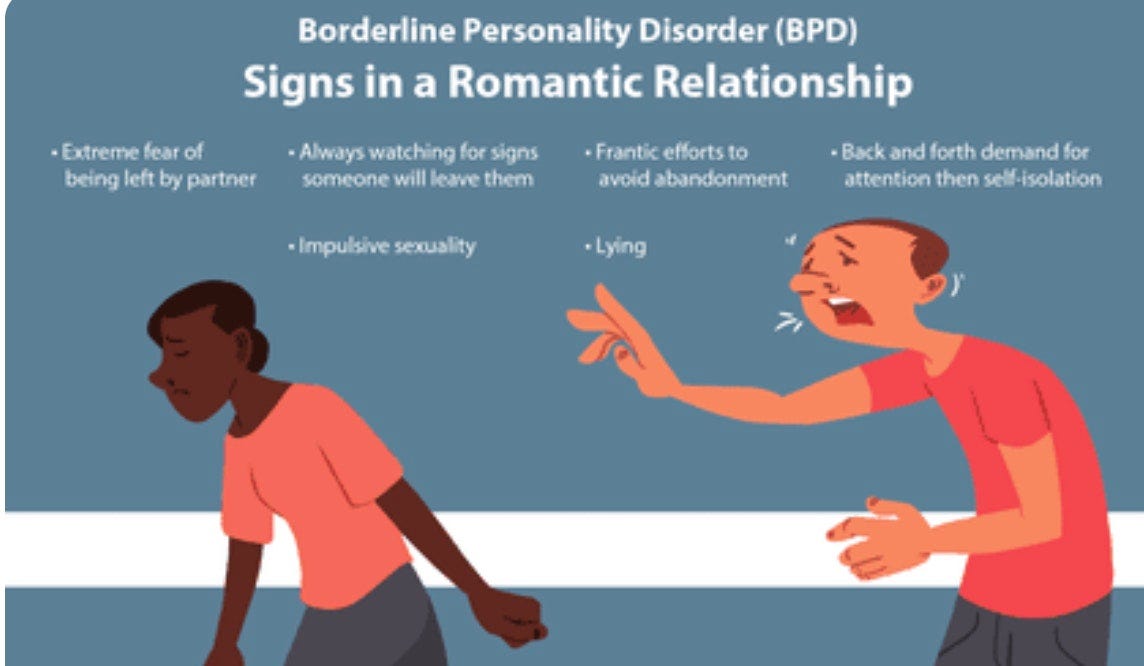Conversion disorder, also known as functional neurological symptom disorder, is a mental health condition characterized by physical symptoms that cannot be fully explained by a medical condition. These symptoms often affect sensory or motor functions, such as weakness, paralysis, or blindness.
Symptoms of Conversion Disorder
Symptoms of conversion disorder can vary widely and may mimic those of neurological or medical conditions. Some common symptoms include:
- Sensory Symptoms:
- Numbness or loss of sensation
- Vision problems
- Hearing loss
- Motor Symptoms:
- Weakness or paralysis
- Difficulty walking or coordinating movements
- Seizures or tremors
- Other Symptoms:
- Difficulty swallowing
- Loss of voice
- False pregnancy
Causes of Conversion Disorder
The exact causes of conversion disorder are not fully understood. However, psychological factors, such as stress, trauma, or anxiety, may play a significant role.
Treatment of Conversion Disorder
Treatment for conversion disorder typically involves a multidisciplinary approach, including:
- Psychotherapy: Cognitive-behavioral therapy (CBT) can help individuals identify and address underlying psychological factors contributing to their symptoms.
- Physical Therapy: Physical therapy can help improve physical function and reduce pain.
- Occupational Therapy: Occupational therapy can help individuals develop coping strategies and improve their ability to perform daily activities.
- Medication: In some cases, medication may be used to treat underlying conditions, such as anxiety or depression.
It’s important to note that while conversion disorder can be a complex condition, with appropriate treatment, many individuals can experience significant improvement in their symptoms. Early diagnosis and intervention are crucial for optimal outcomes.



